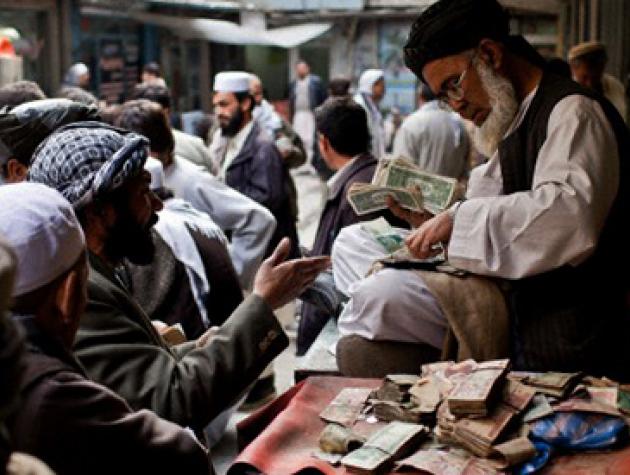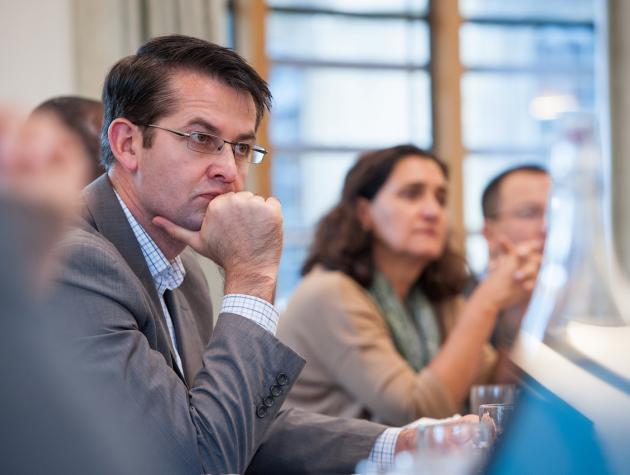GEG WP 2008/41 Mali: Patterns and limits of donor driven ownership
Since 1999, Mali has become a laboratory for the implementation of the Paris declaration in West francophone Africa. Recipient ownership, although very much wanted, is very weak. Some donors working in Mali describe it as an example of ‘donor-driven ownership’, meaning that there are few signs of genuine policy ownership and that the government lacks both the ‘capacity’ and ‘political will’ to pursue development goals and take the lead in the aid relationship. This chapter argues that as donors’ influence over policy has increased, the government’s capacity and will to take the lead in managing aid have decreased. Indeed, if the current political situation seems characterised by a certain degree of inertia, a lack of development strategy, weak capacities, and compliance with donors, it can only be understood as the result of several decades of aid dependence, the weakening of the state, and donor entanglement in national institutions.
The chapter is divided into three parts. The first part aims to understand why recipient ownership seems scarce by analysing the country’s political economy since independence in 1960 and its political system since democratisation in 1991. The second part assesses the impacts of recent aid reforms on the possibility for recipient ownership and a more balanced donor-recipient relationship. The last part of the chapter examines the conditions and potential for ownership by the Malian government by looking at specific instances of policymaking. This chapter is based on research carried out in Bamako, Mali’s capital, from February to April and from October to December 2007, during which time the author was an intern in the government’s PRSP unit. It draws on participant observation, interviews with civil servants and donor agency staff as well as official documents.





